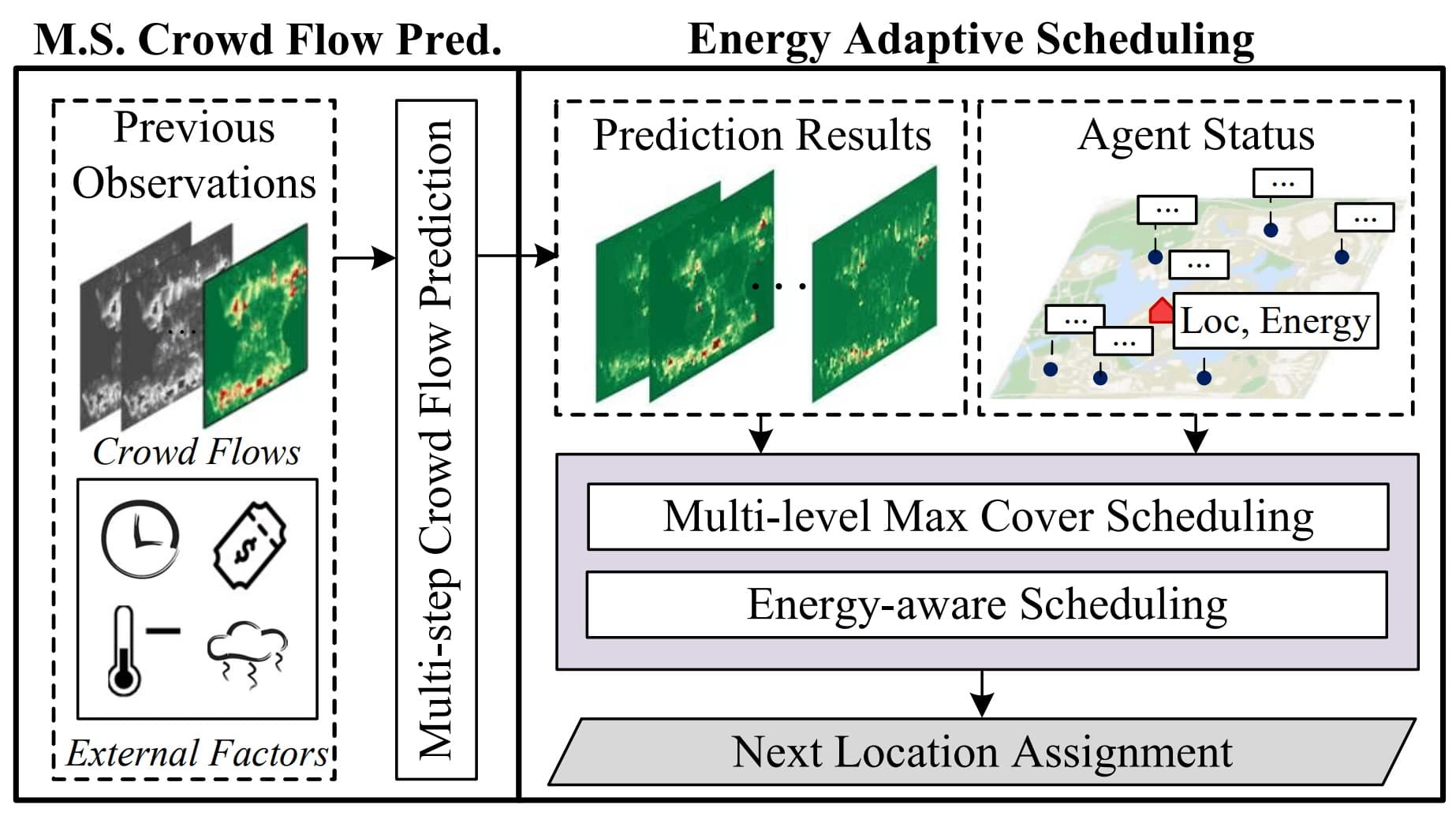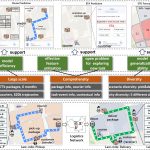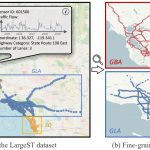https://github.com/sjruan/malmcs
Paper
If you find our code or dataset useful for your research, please cite our paper:
Sijie Ruan, Jie Bao, Yuxuan Liang, Ruiyuan Li, Tianfu He, Chuishi Meng, Yanhua Li, Yingcai Wu and Yu Zheng. “Dynamic Public Resource Allocation based on Human Mobility Prediction.”, ACM IMWUT/UbiComp 2020.
Requirements
Python 3.6
- numpy==1.14.5
- networkx==2.2
- shapely==1.6.4
- pickle
Dataset
We organize our dataset into two archives, i.e., MALMCS_data.zip and PREDICTION_data.zip
- MALMCS_data.zip
frames_20180101_20181101_24.npy: this is the hourly crowd flows data in Beijing Happy Valley from 01/01/2018 to 01/11/2018 scraped from the Tencent Heat Map. The last month is used for evaluation, and previous months are used for training & validation.pred_all_stresnet_mf4_masked.pkl: this is the predicted results from the prediction model for evaluation acceleration purpose. In the paper, those results are obtained by training MF-STN.
- PREDICTION_data.zip
This archive provides some external factors for crowd flow prediction, which can be used to train the crowd flow prediction model together with frames_20180101_20181101_24.npy. This dataset is also a data source for UrbanFM.
- holiday features:
external/holiday_20180101_20181101_24.npy - meteorology features:
external/mete_cy_20180101_20181101_24.npy - ticket price features:
external/price_20180101_20181101_24.npy - time of day features:
external/tod_20180101_20181101_24.npy
Usage
Tunable Parameters
- Service radius
radius - Energy limitation
cost_limit - Number of agents
k
python evaluate.py
License
The code and data are released under the MIT License.



